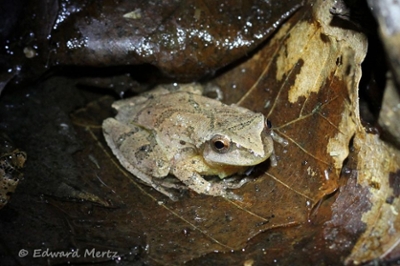NEW Environmental Science Program at QCC
What types of opportunities are available in Environmental Science?
Environmental science is an interdisciplinary field, and there are many diverse opportunities for both education and employment. These include: Microbiology, Biochemistry, Geology, Ecology, Environmental Engineering, Environmental Biotechnology, Environmental law, Environmental Research, Environmental consulting, and many other areas.


What is the job outlook for Environmental Scientists?
According to Environmental Science Careers the job outlook for environmental scientists is excellent. Employment is projected to grow 11% between 2016 and 2026, which is faster than the average for all occupations. Several environmental issues, including air and water pollution, global climate change, and the need to develop alternative energy technology are a few examples of important issues that will need to be addressed by environmental science professionals.
Why study Environmental Science at QCC?
- QCC’s Environmental Science Program offers a strong foundation that will allow easy transfer to a 4-year school.
- Newly revised courses expose students to modern laboratory equipment and technology used in environmental fields.
- QCC offers many opportunities for research with faculty mentors.
- QCC’s collaborations with community organizations, government agencies and other educational institutions provide several opportunities to find suitable internships.
- Through seminars, hands-on workshops, and field trips, you will interact with many professional scientists and get to experience authentic field work.
- The program is supported by an NSF/GEO grant that offers joint activities in collaboration with Queens College.
- Many natural areas surround the QCC campus, including Oakland Lake, Alley Pond Park, and Oakland Meadows - These areas provide opportunities for field biology experiences.

BI-160 Ecology
Are you interested in nature? Do you want to learn about the environment and the organisms that live around us? Register for Ecology.
Fundamental principles of ecosystems; plant and animal diversity and the concept of species; environmental adaptations; population dynamics; relationship between humans and the environment; problems of conservation and pollution.
Course Description: 4 credits, 3 lecture and 3 laboratory hours
Course Prerequisites: BE-112 (or 205) and BE-122 (or 226) or satisfactory scores on the CUNY ACT Assessment test.
Labs include field trips to local parks where we will identify organisms in a food web, sample and test the water of a local pond, learn how resources are shared and recycled in an ecosystem, and more!
Contact Drs. Petersen or Alvarez, in room M-207 for more information.


This is a Spring Peeper frog, only the size of a fingernail, but with a mighty peeping sound! Photo taken late evening in mid-April 2014 by Ed Mertz at one of Alley Pond Parks vernal ponds.



